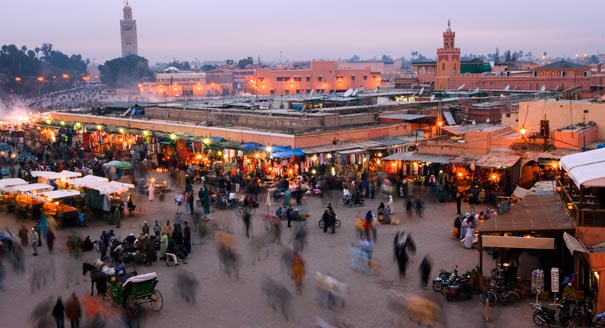While unemployment rates in the Maghreb have fallen over the last decade, the reasons behind the decline are troublesome: a slowdown in the growth of the working-age population and an increase in informal jobs without social protection. Plus, joblessness among the young and well educated remains high and is growing in some countries.
In a new paper, Lahcen Achy suggests that policy makers in Algeria, Morocco, and Tunisia should focus on improving the quality—rather than quantity—of jobs available to workers to significantly improve the region’s economic outlook and global competitiveness.
Recommendations for policy makers:
- Focus on the type of jobs added. Strategies should be pursued that create high-quality jobs and strengthen the competitiveness of exports in the global marketplace.
- Reform the education system. Education and vocational training must be improved but is likely to face resistance from those benefiting from the status quo.
- Strengthen labor regulations. Rigid and complex labor laws compel many businesses to establish informal arrangements with their workers. Regulations should be amended to protect workers in the informal economy and enhance oversight of employers to verify compliance.
- Improve labor policies. Currently costing too much money, offering too little coverage, and having limited impact, existing labor policies to help people enter the job market need to be rethought to upgrade their effectiveness and extend coverage to the most vulnerable segments of the unemployed.
“Declining unemployment rates in the Maghreb are misleading and should not be interpreted as a sign of an improved labor market,” Achy writes. Instead, he notes, Maghreb countries need a better strategy to “generate high and sustainable growth, create decent and high value-added jobs, and yet strengthen their competitiveness in a globalized world.”







